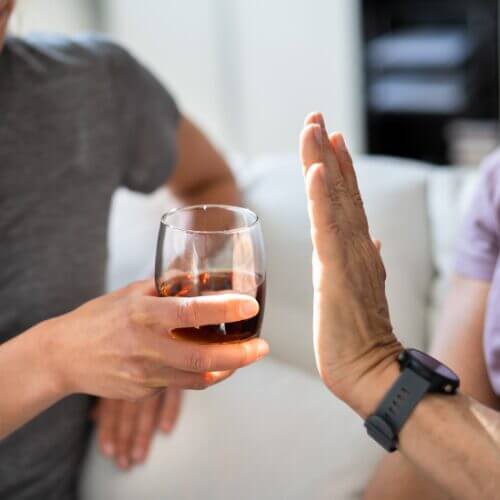
Identifying and Controlling Your Personal Triggers
Knowing what sets off the urge to use is vital to long-term recovery. Triggers are the people, places, feelings, or situations that may cause cravings. They can be very different for each person, so take the time to identify the specific ones that affect you or a loved one. Doing so will help you create a plan to manage them and reduce the risk of relapse.
Drug Abuse Triggers
Drug abuse triggers are very individual, but they generally fall into a few broad categories: emotional, environmental, social, and physiological. Emotional triggers are feelings like anger, sadness, or loneliness that make you want to escape. Environmental triggers are places or situations where you used to use, like a friend’s house or a bar. Social triggers are people from your past who still use or even those who unintentionally pressure you. Physiological triggers are physical pain or even withdrawal symptoms that make you want to use again.
Identifying these triggers takes reflection and honesty. Journaling, therapy, and structured treatment programs can help you uncover these patterns. For many, this happens during inpatient care where a supportive environment gives you time and space to have deep personal insight.
Substance Abuse Triggers and Relapse
One of the hardest parts of recovery is learning to anticipate and manage substance abuse triggers. These moments can create intense cravings, and if left unaddressed, can lead to relapse. Triggers don’t cause relapse directly, but they often make using feel like the easiest option in a tough moment.
Understanding how substance abuse triggers work gives you the chance to interrupt that process before it leads to action. Behavioral therapies like cognitive-behavioral therapy (CBT) are particularly helpful in helping you recognize the connection between a trigger and your response. Programs like outpatient care support this kind of growth by providing real-life situations where you can practice and strengthen coping skills.We also go into this more in our post on overcoming triggers where we give you actionable steps to navigate high-risk situations.
Finding Drug Relapse Triggers in Daily Life
While some drug relapse triggers are obvious like seeing an old using friend or being in a bar, others are more subtle. Changes in sleep, high stress at work, or even celebrations can trigger cravings. These less obvious triggers often show up during daily routines, so awareness and self-check-ins matter.
Recognizing the signs of relapse – like emotional withdrawal, neglecting self-care, or romanticizing past substance use – can also help. Being able to spot these warning signs early gives you the chance to adjust your recovery plan and get extra support before a slip occurs.
Support systems matter here too. Whether it’s group therapy, peer recovery meetings, or one-on-one counseling, staying connected can provide accountability and encouragement. Professional mental health care like the services offered through our mental health program can also provide the guidance to identify and work through hidden triggers.
Managing Drug Triggers and Cravings in Recovery
Managing drug triggers and cravings is an ongoing part of recovery. Once they’re identified, building a plan around them is the next step. That might mean avoiding certain places, having a trusted contact to call when a craving hits, or developing calming techniques like meditation or exercise. Structured treatment programs often provide the foundation for this planning as they include relapse prevention training and life skills development.
Cravings don’t mean failure. They’re a normal part of recovery and don’t have to lead to substance use. The more prepared you are for these moments, the stronger your response can be. Having a recovery plan that’s revisited and adjusted over time helps support ongoing success. If you’re just starting out or need a fresh start, consider filling out our admissions inquiry form. It’s the first step toward getting personalized care and support.
Whether you’re in recovery or supporting someone who is, understanding and identifying personal triggers can make a big difference. If you or a loved one is struggling with drug abuse triggers or needs help developing a plan to manage drug relapse triggers and cravings, reach out to us today. Recovery is possible, and no one has to face it alone.



